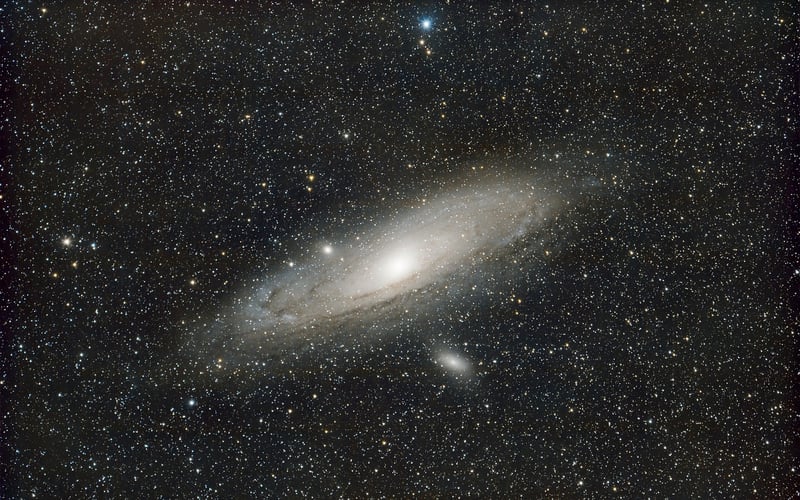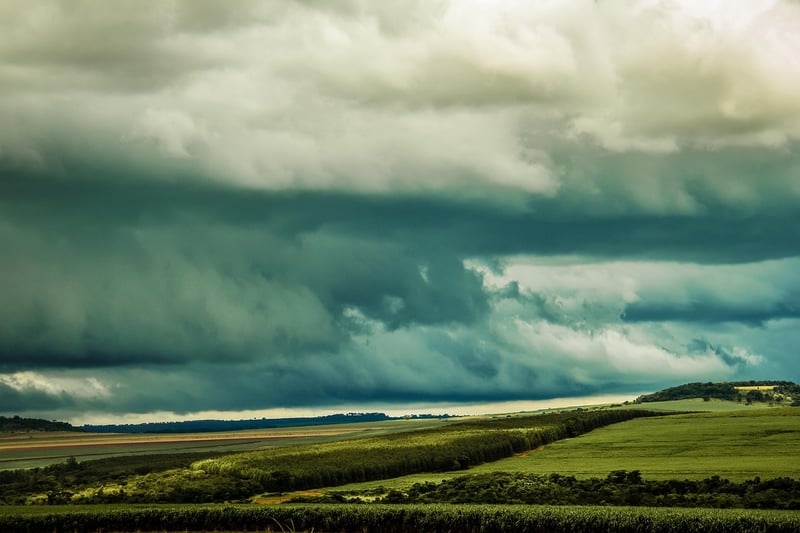Temporal Discoveries
Exploring Time Periods and Temporal Discoveries
Time, a concept that both intrigues and confounds us, has been a subject of fascination for centuries. From ancient civilizations pondering the movement of celestial bodies to modern scientists unraveling the mysteries of the space-time continuum, the exploration of time has led to remarkable discoveries and shaped our understanding of the universe.
The Measurement of Time
Throughout history, various civilizations have developed unique methods to measure time. The ancient Egyptians used sundials, the Greeks introduced water clocks, and the Mayans devised a complex calendar system. Today, atomic clocks, which measure time based on the vibrations of atoms, are the most precise timekeeping devices.
Time Travel Theories
The concept of time travel has captivated the human imagination for centuries, inspiring countless works of science fiction. While time travel remains a theoretical possibility, scientists have explored ideas such as wormholes, black holes, and time dilation to understand how one might traverse time.
Temporal Discoveries
One of the most groundbreaking temporal discoveries was Albert Einstein's theory of relativity, which revolutionized our understanding of space, time, and gravity. The theory predicts phenomena like time dilation, where time moves slower in strong gravitational fields or at near-light speeds.
Notable Temporal Figures
- Albert Einstein - The renowned physicist whose work laid the foundation for modern theories of time and space.
- Stephen Hawking - Theoretical physicist known for his contributions to cosmology and the study of black holes.
- Carl Sagan - Astronomer and science communicator who popularized complex scientific concepts, including time and the cosmos.
Exploring Time in Art and Literature
Artists and writers have long been inspired by the concept of time, using it as a theme to explore mortality, memory, and the passage of history. From Salvador Dali's surreal clocks in "The Persistence of Memory" to H.G. Wells' classic novel "The Time Machine," creative works have delved into the complexities of temporal existence.
Conclusion
As we continue to unravel the mysteries of time, from the smallest fractions of a second to the vast expanses of the cosmos, our exploration of temporal concepts enriches our understanding of existence itself. Whether through scientific inquiry, artistic expression, or philosophical contemplation, time remains a timeless source of wonder and discovery.


